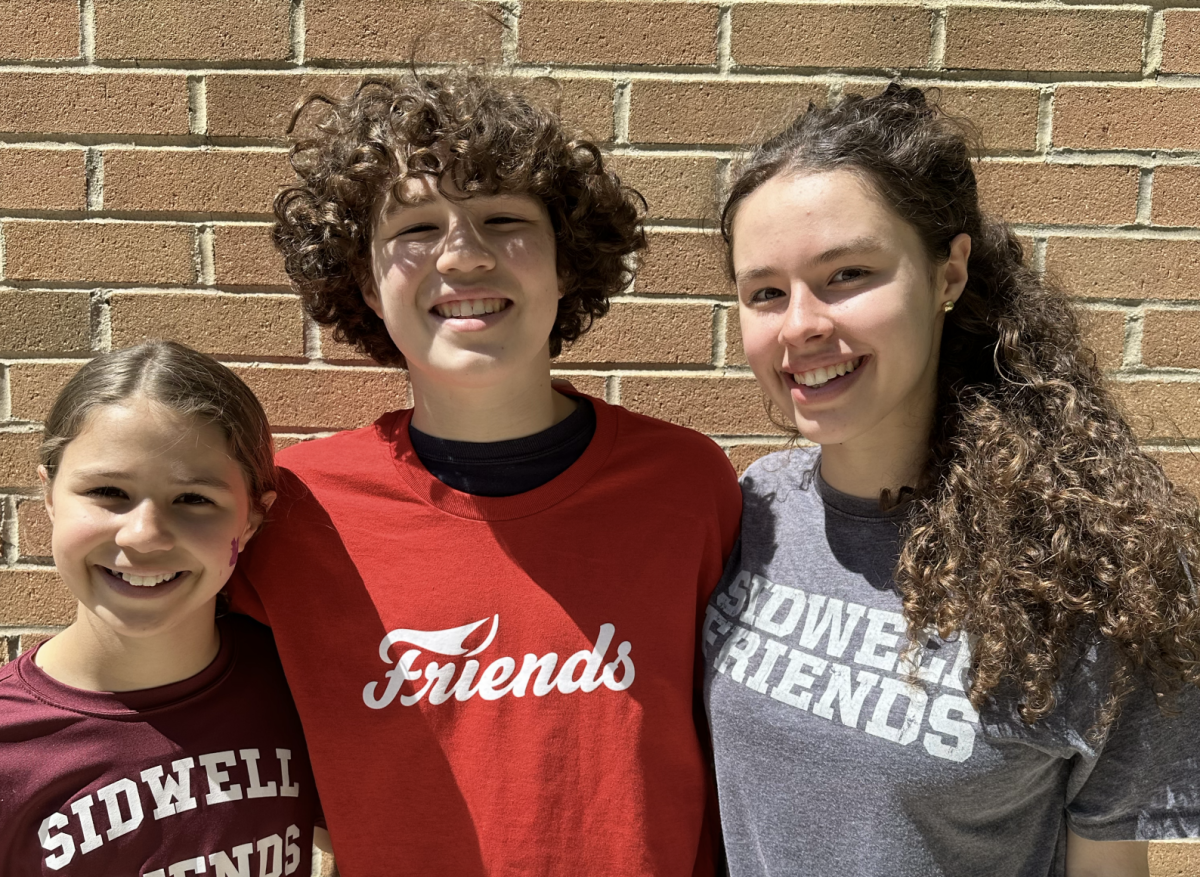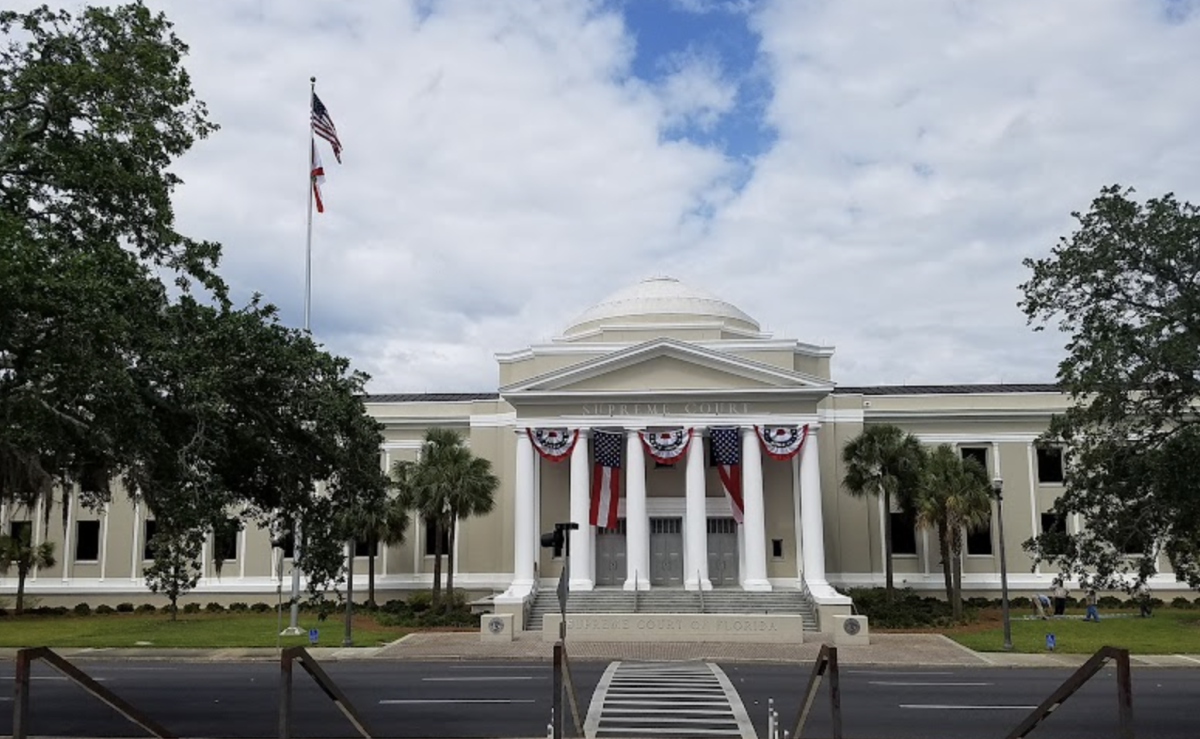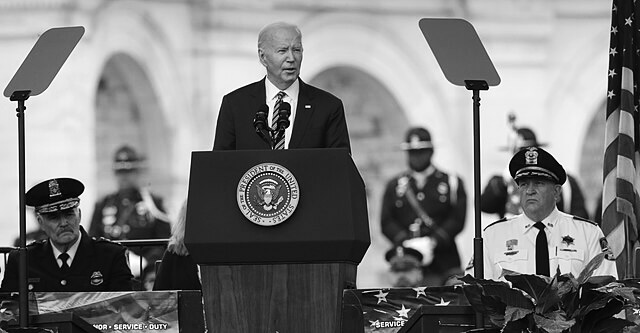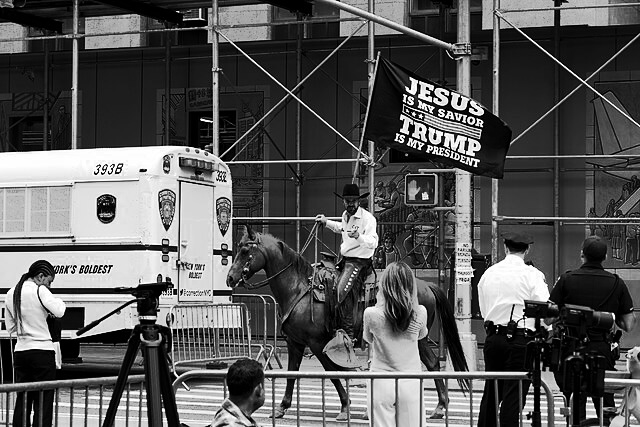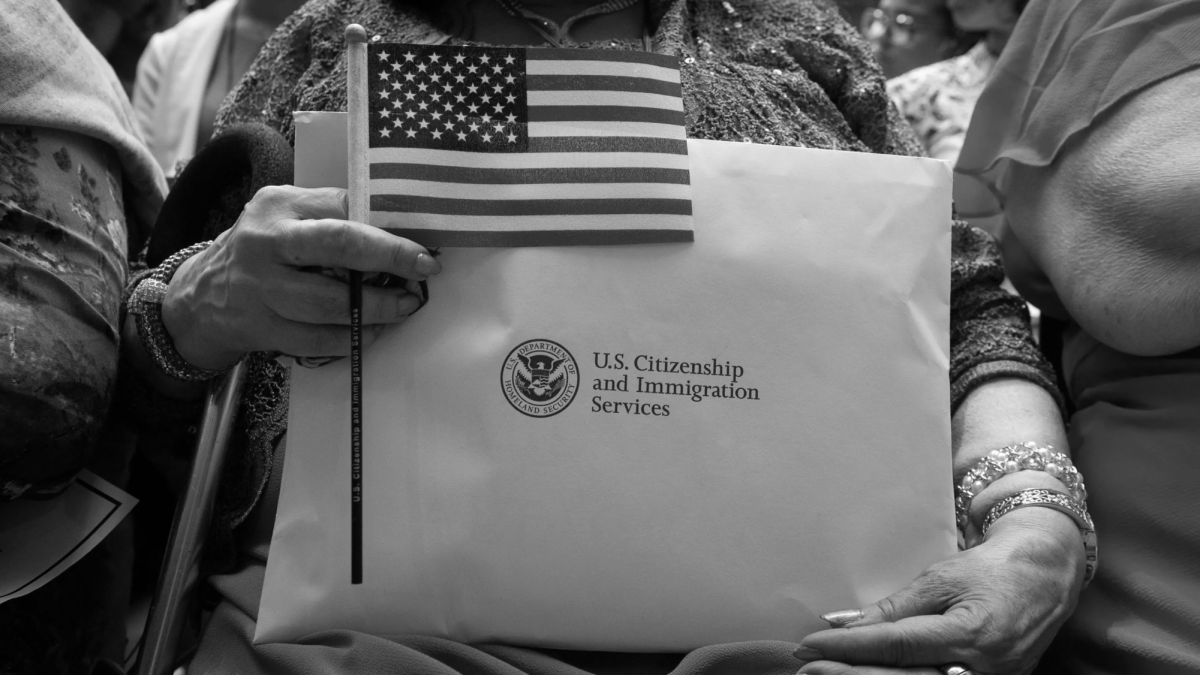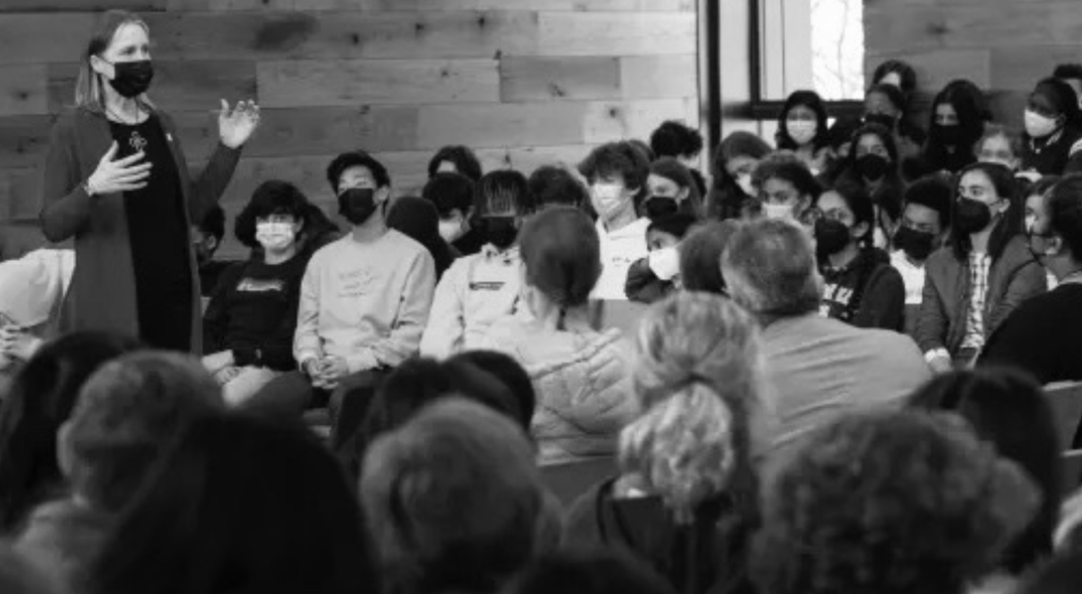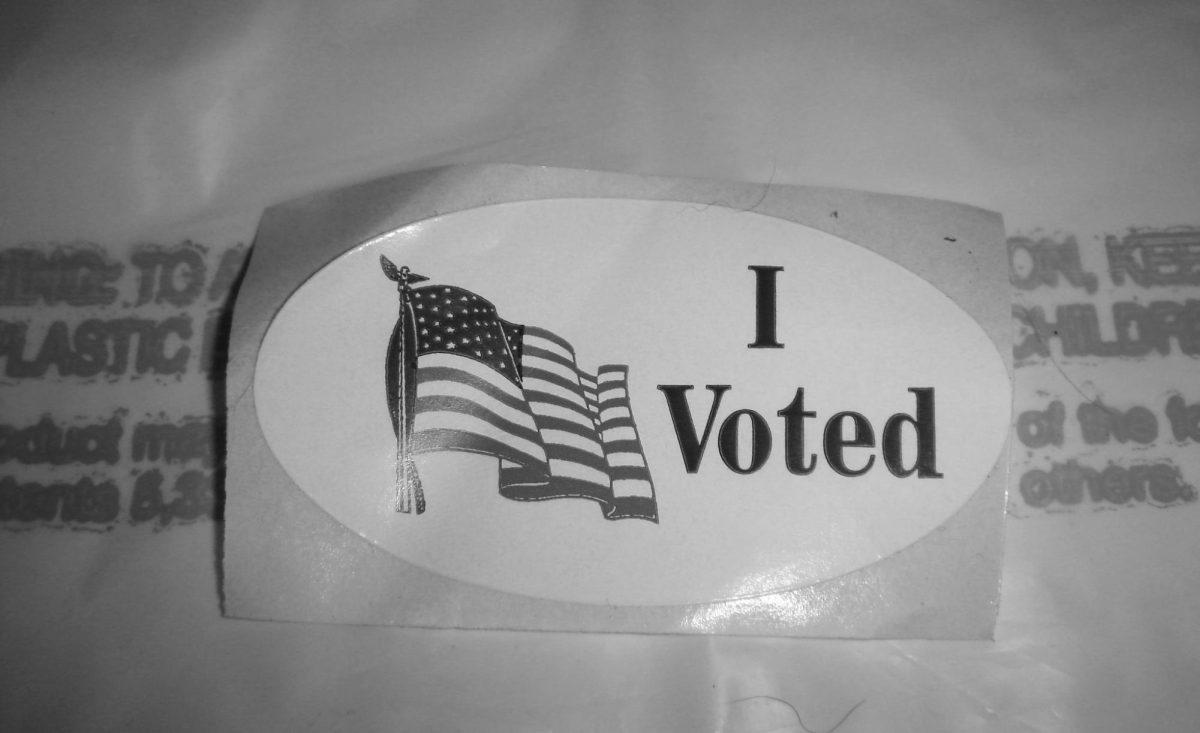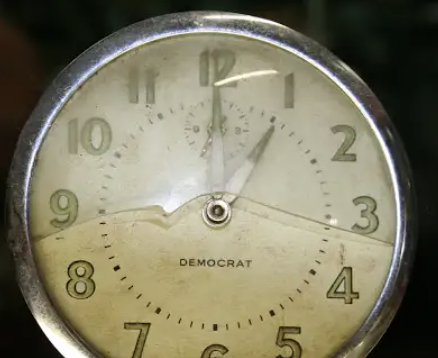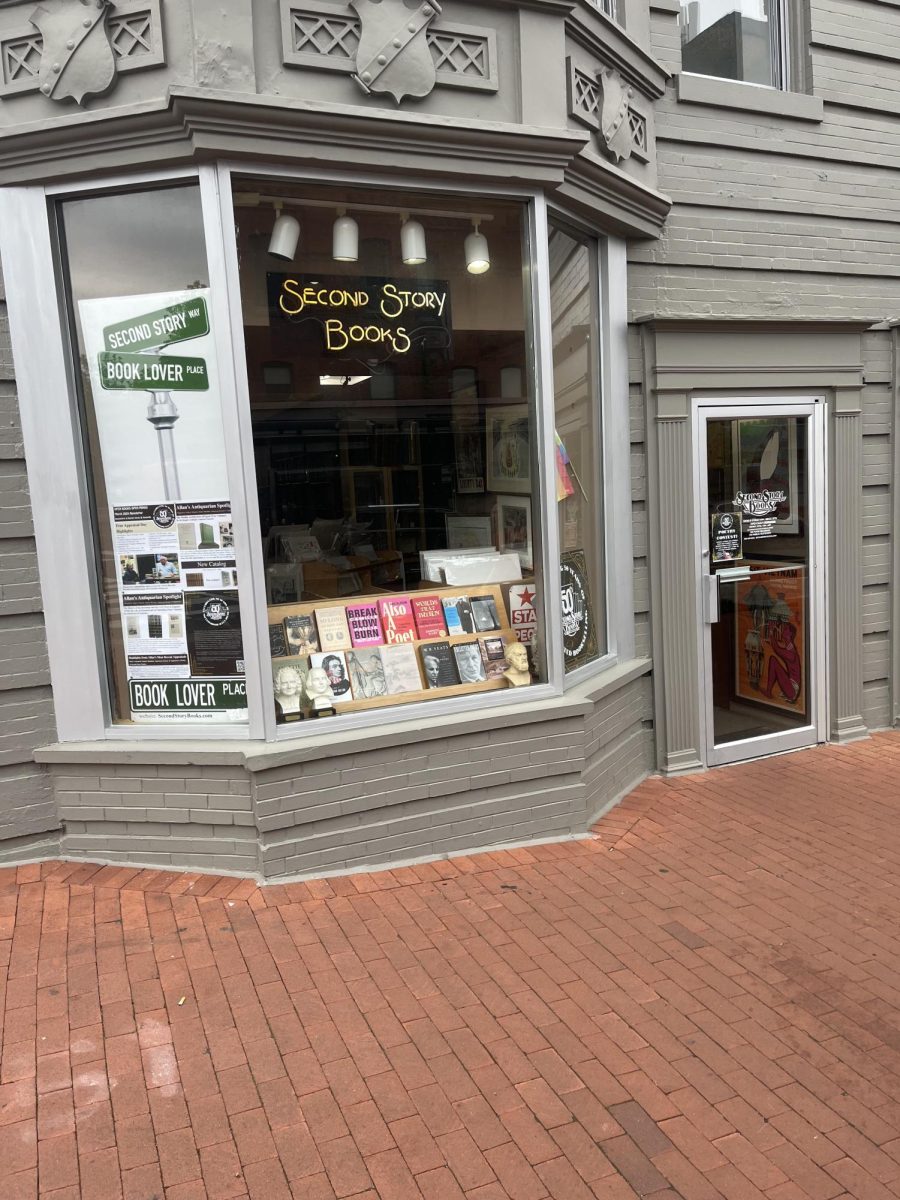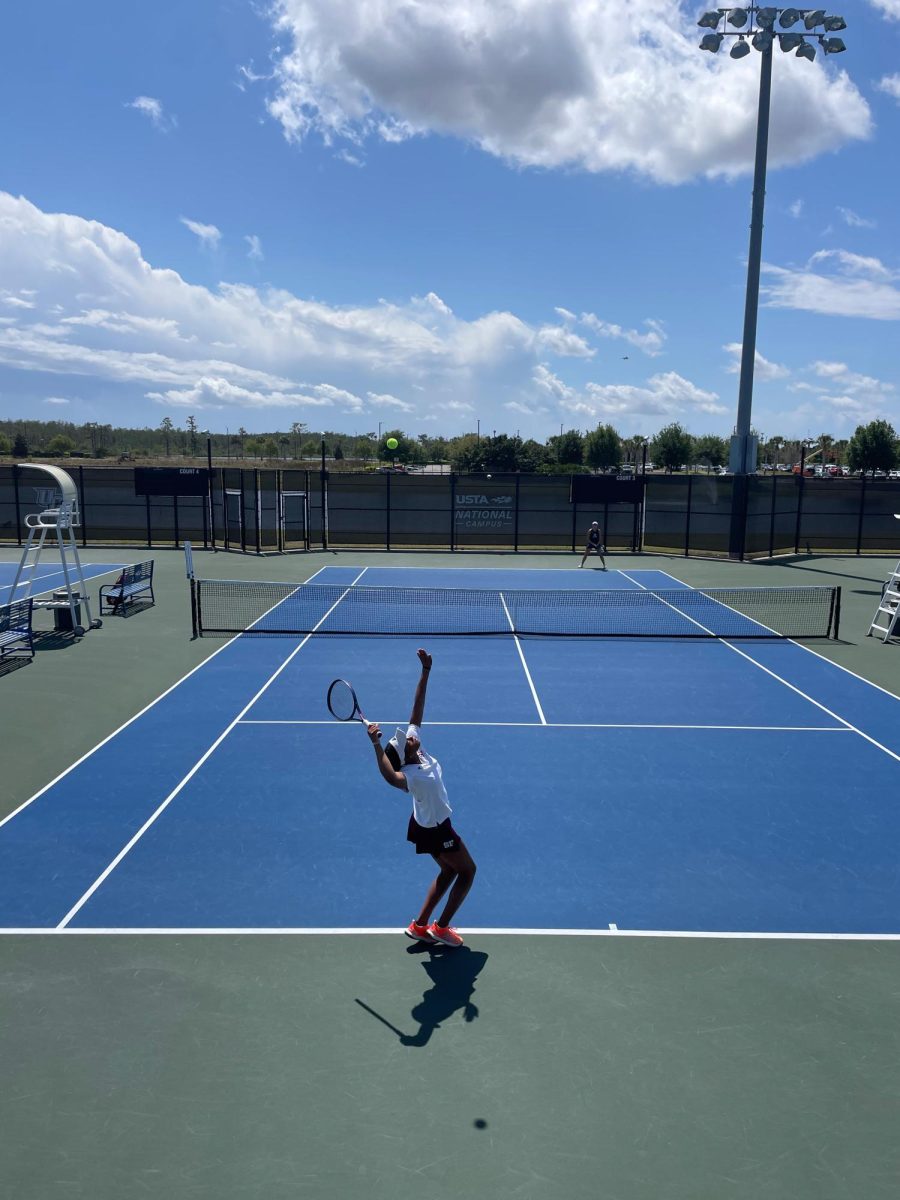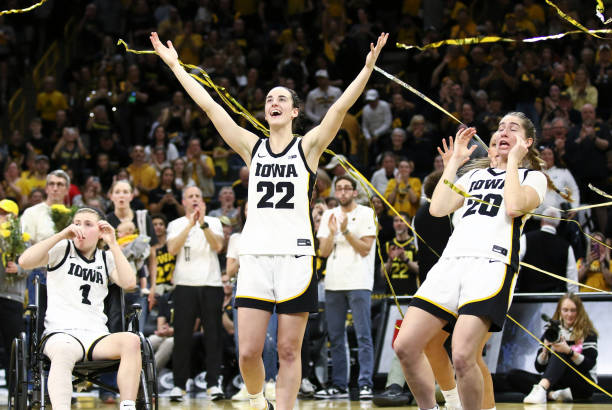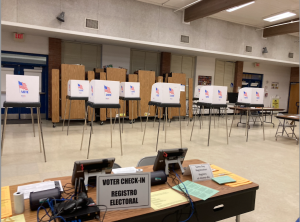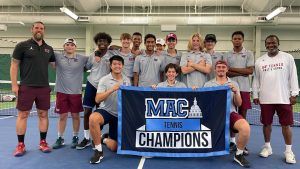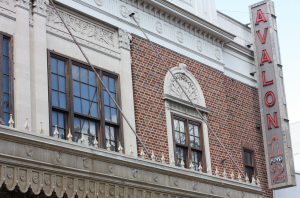Pro: Should Non-D.C. Residents Be Allowed To Vote in Local Elections?
March 30, 2023
The Council of the District of Columbia approved the Local Resident Voting Rights Amendment Act in October, allowing noncitizens who have resided in the area for over 30 days and who do not claim voting residence in any U.S. territory to participate in local elections. Many Washington residents oppose or are ambivalent about this decision, concerned that noncitizens are unfamiliar with policies that could impact citizens’ lives and are uninvolved with the broader community. However, noncitizen Washington residents are equally affected by its legislation and, thus, should be granted the right to vote.
Washington’s substantial noncitizen immigrant population deserves to be included in the electoral process. During a legislative session before the vote, council member Charles Allen said, “This bill is in line with our D.C. values and this council’s history of expanding the right to vote and welcoming new voices into our political process and government. Our immigrant neighbors of all statuses participate, contribute, and care about our community in our city.” According to the 2021 American Community Survey, 42,000 voting-age noncitizens live in the district, nearly four times the margin by which District of Columbia Mayor Muriel Bowser won her party’s nomination last year. Such statistics demonstrate that Washington’s noncitizen population constitutes a significant part of its community and potential voter base and, thus, deserves representation in local government. Voting rights for noncitizens would encourage the election of local leaders who advocate for issues impacting the community at large, such as immigrant rights, education, infrastructure and policing, all of which influence noncitizens’ quality of life.
The Local Residents Voting Act supports political activism, increased voter turnout and Washington’s immigrant population. Many politicians similarly argue that including noncitizens in the electorate is necessary to adequately represent the diverse populations in the city. Noncitizens who work jobs to support themselves and their families contribute to its economy and are well-integrated community members, and should thus be entitled to their basic right to vote. They are not disengaged strangers to the city, but rather fellow students, friends and neighbors that make numerous positive contributions to the city.
In conclusion, residing noncitizens should be granted the right to vote as active members of the community influenced by Washington politics. It is critical that the city fairly represents all of its constituents when making decisions that impact the population as a whole.





